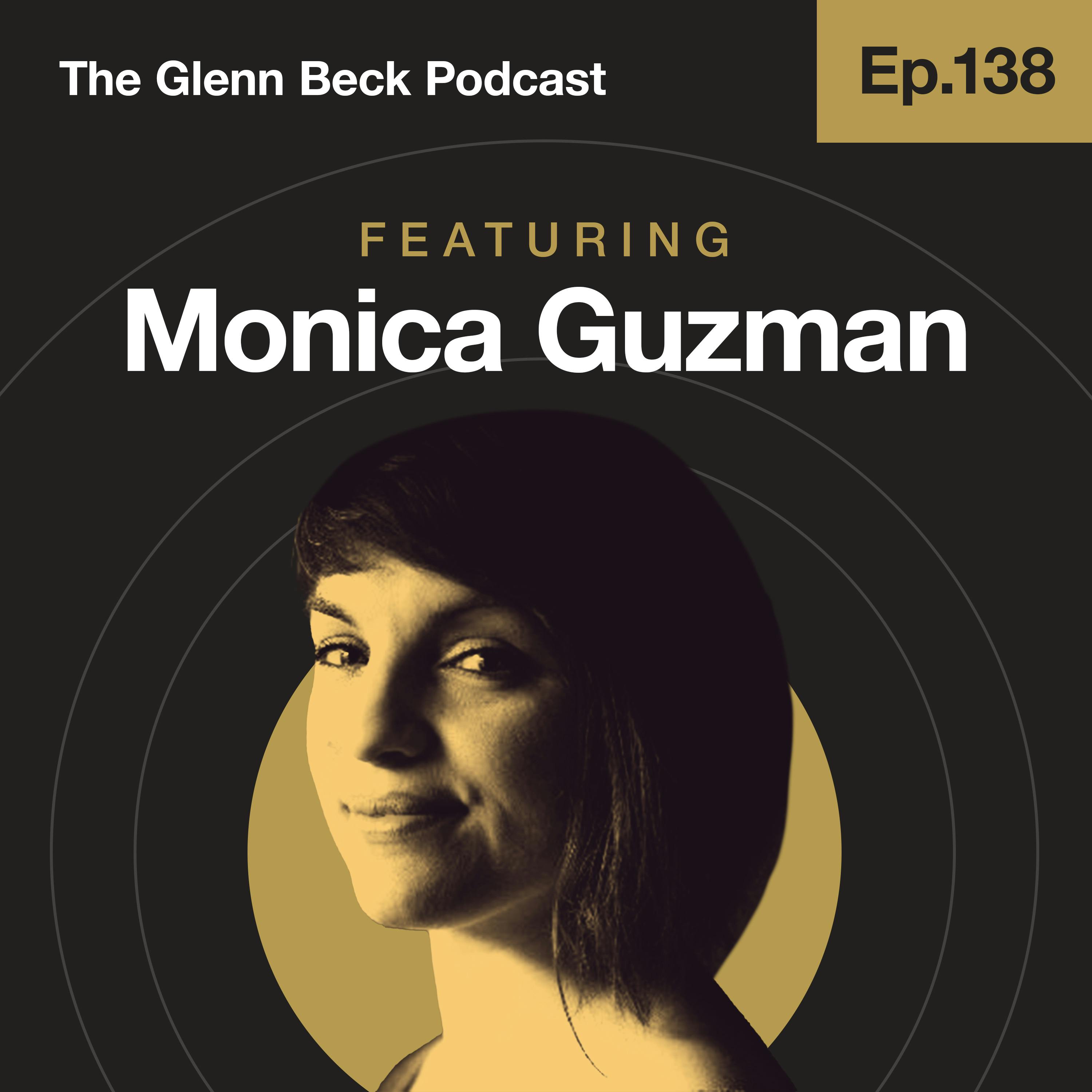Ep 138 | Why Would a Lefty Talk to Glenn Beck? | Monica Guzman | The Glenn Beck Podcast
After the 2016 election, journalist Monica Guzman heard nonstop from her fellow liberals that Trump voters were awful. But her parents — Mexican immigrants like her — were Trump voters, and they were nothing like what she was hearing. So, that piqued her curiosity: Instead of separating herself from people she disagreed with, she devoted herself to asking WHY they believed what they did. Now, it’s the focus of her new book, “I Never Thought of It That Way.” Monica, the director of digital and storytelling at Braver Angels, a grassroots organization dedicated to bridging the partisan divide, joins Glenn to discuss where the divide came from, where the media went wrong, and what every American must do to overcome it. And they find they agree on much more than any polarized stereotypes would have predicted.
Sponsors:
Formulated by Dr. Vladimir Zelenko, the world-renowned doctor that President Trump credited with his successful early treatment protocol, Z-Stack is Kosher and GMP certified, and is produced right here in the USA. Go to https://ZSTACKLIFE.COM/BECK and enter the promo code BECK to get 5% off your first order.
The ministry of Pre-Born and Blaze Media are partnering to help rescue babies from abortion in 2022. To donate, dial pound 250 and say keyword “BABY”, or go to https://preborn.com/glenn
Cooking and grilling at home used to be the way to save money, but with prices up nearly 20%, even that seems like a thing of the past. If you’re looking to save money without sacrificing quality, then you need to check out Good Ranchers. Get your $30 discount on prime steaks and better than organic chicken today. Go to goodranchers.com/GLENN to save on the quality you’ve been looking for.
Learn more about your ad choices. Visit megaphone.fm/adchoices
Sponsors:
Formulated by Dr. Vladimir Zelenko, the world-renowned doctor that President Trump credited with his successful early treatment protocol, Z-Stack is Kosher and GMP certified, and is produced right here in the USA. Go to https://ZSTACKLIFE.COM/BECK and enter the promo code BECK to get 5% off your first order.
The ministry of Pre-Born and Blaze Media are partnering to help rescue babies from abortion in 2022. To donate, dial pound 250 and say keyword “BABY”, or go to https://preborn.com/glenn
Cooking and grilling at home used to be the way to save money, but with prices up nearly 20%, even that seems like a thing of the past. If you’re looking to save money without sacrificing quality, then you need to check out Good Ranchers. Get your $30 discount on prime steaks and better than organic chicken today. Go to goodranchers.com/GLENN to save on the quality you’ve been looking for.
Learn more about your ad choices. Visit megaphone.fm/adchoices
Press play and read along
Transcript
Transcript is processing—check back soon.
The Glenn Beck Program — Ep 138 | Why Would a Lefty Talk to Glenn Beck? | Monica Guzman | The Glenn Beck Podcast


